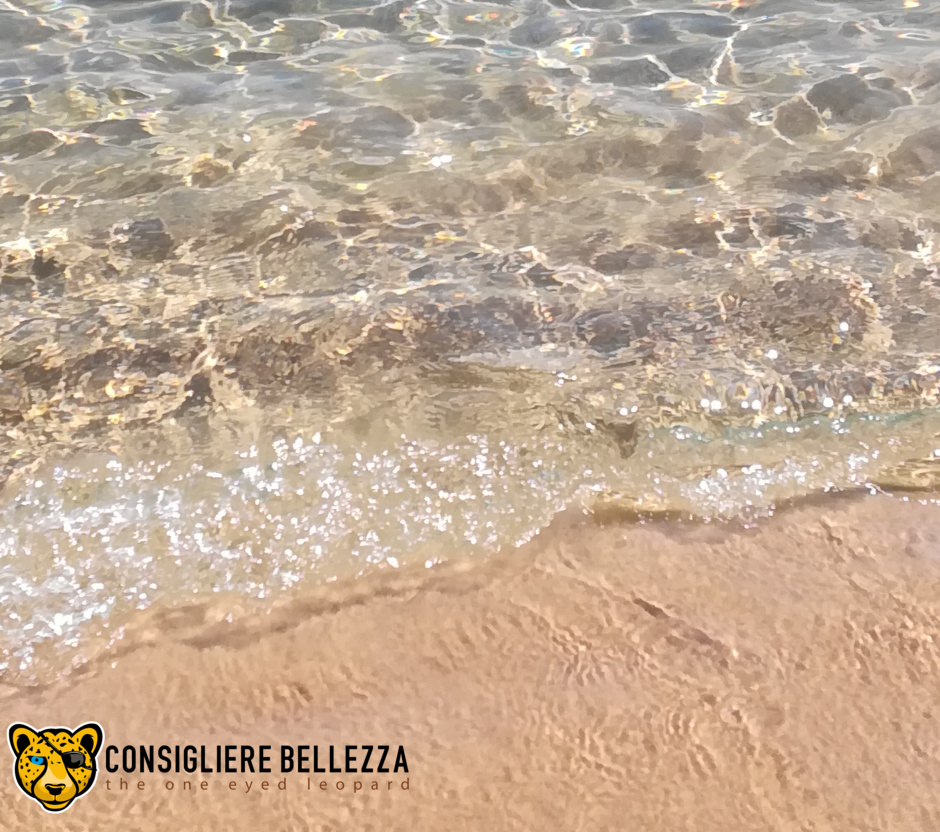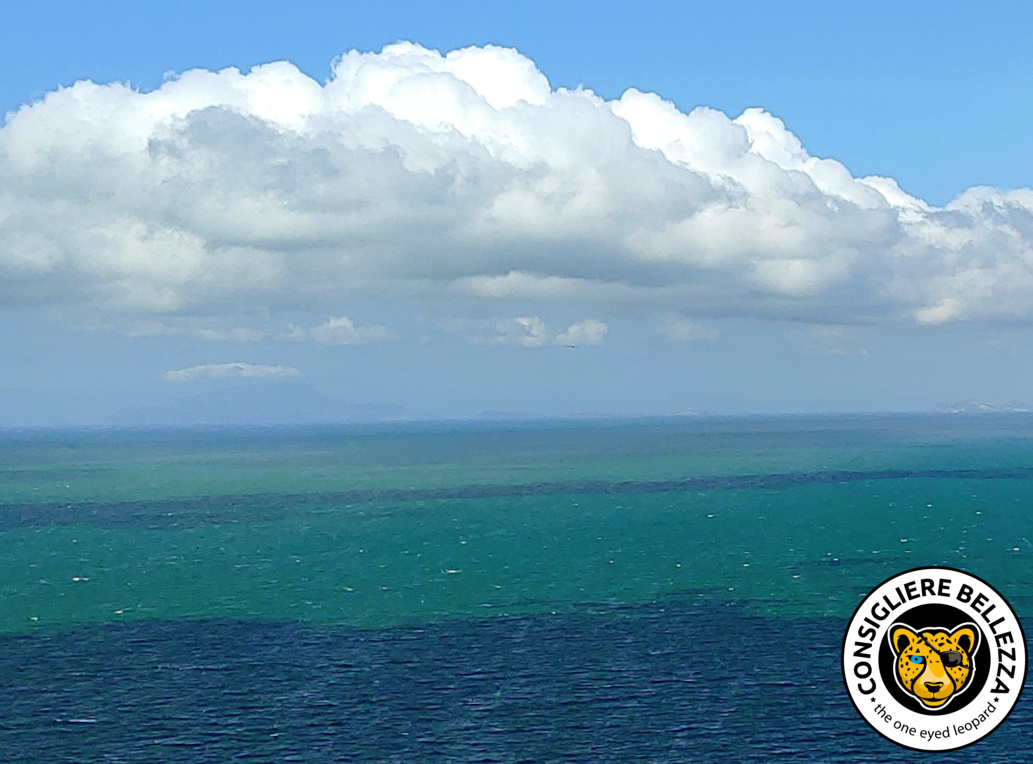Why do we travel to foreign countries during our holidays?
Mainly we do not travel for the act of travelling itself, with delayed planes, full trains, traffic jams, complaining children, discussions with hotel staff, bad food at motorway service areas and airports, the stress of packing and so on. There are exceptions in business travel, but when it comes to holidays, the act of travelling is just the method to bring us away from home.
We travel to arrive somewhere, after all the hassle.
We want to arrive somewhere where the weather is different (better!) from home. Where the food is more exotic, where there is no work, but beautiful colours to behold. We want to walk around in ancient or modern cities, lie at the beach, exercise and feel the centre of attention in a good hotel or a club. No housework duties and no meetings, appointments etc that other people impose on us.
It’s incredible stress-reducing not to be at home. That also goes for the second home, the self-owned holiday apartment. It’s a home away from home, with only the good sides of the real home and the holiday destination. To know exactly where to arrive and what to expect reduces stress. One also does not have to explain or think about the holiday destination for next year – of course it’s the self-owned apartment.
Before Corona, there were those supercheap cruises with all-inclusive drinking and entertainment. Seeing something of a foreign country was not much part of that travel experience. It was more like hanging out in favourite pub, but in better weather and without work and housework duties.
Same for the cheap group flights to certain well-known destinations. For Australians, it may have been a part of Bali, for Europeans a part of Mallorca or Thailand. It’s about doing one’s favourite past time (in that case drinking and partying) somewhere with better weather and no work and no household duties.
To be honest, I often looked down on this kind of holiday and now I wonder why. The travellers follow their favourite pastimes, as I follow mine. For me those are seeing beautiful colours, sceneries, buildings, finding the perfect spot to take a picture and transport the image. Whatever the favourite pastime is, we will come home more relaxed and happier and that’s the main objective.

A demand creates a market and if supercheap flight and cruises are available, people will book them. In times of war and different energy concepts that might change. If asked, I would always opt for fewer and better holidays. A lot of other people would not share my opinion.
Noone forced Venice to accept all those cruise ships and day tourists that don’t even leave money in the city. Become more expensive, more exclusive, more selective in choosing your visitors. Everyone is picky when it comes to private visitors. Would you let everybody into your home? Probably not; only those visitors that are good for you, in the majority of cases. It is strange every destination became so accessible for everybody. High numbers do not mean high profits in the most of cases for the hosts, so the direct benefit of letting everybody come is not self-explanatory.
It will be interesting to see if that changes. A lot of destinations could easily choose their visitors and impose their rules on visitors. Why don’t they use their power? Is it the fear of being seen as snobbish in these very equal times? Some universities, fashion houses, restaurants already tested it with good results. Become exclusive and choose your clientele. The east coast of Sardinia, high luxury cruise ships, some hotels all over the world, they all work on those well-known principles.
The world belongs to everyone and everyone should have the chance to see everything. That is the general rule. Still, the world is rarely equal, and it would not harm if people start to think again about what they really want to see, before they book the ticket. I honestly hope mass tourism will reduce. The oversupply of options is not always a blessing.
The reasons why we travel for business are different. Here we want to show status (business or first-class flights, get much better treated as an ambassador of one’s company outside the office than inside, complain afterwards to friends about the stressful job with all the responsibility and so on), get a connection to people we work with abroad and we want to see with our own eyes the work conditions/materials on the ground somewhere else, to pick a few.
Personal connections through travel are overrated. After two years of Corona everybody knows this, a few strictly deny it, most want at least to see their business partners sometimes – but the necessity is really exaggerated. I have hired people on the other side of the earth whom I’ve only seen on Microsoft teams or zoom and it worked out perfectly well. Conferences are not too bad to meet many people at the same time and especially to meet people whom you have not already known before.
The only real necessity for business travel is to show face in negotiations or at company outposts, train people on a new system for the first time, make coincidental encounters that lead to business and to see if some stuff you want to buy from a first-time seller is really there and does not only exist on paper. The rest is status and nice to have.
Many business trips before Corona were really pointless. On the other hand, the work load multiplied when everybody was always at home and working became completely digital.
The more we had of that kind of overloaded work life, the more we wanted to travel for holiday. Get a rest, see brighter colours or beautiful sceneries, eat more exotic food, get drunk, party, get pampered, lie on the beach, be fascinated by a different culture, have no work around you. We tended to forget the traffic jams, delayed planes, bad food on the way and the stress of travelling itself. It’s all back now.

Arriving somewhere beautiful is still one of the greatest happy feelings a human being can have.
We travel to see the world and ourselves in a better version than at home in the best of cases.

